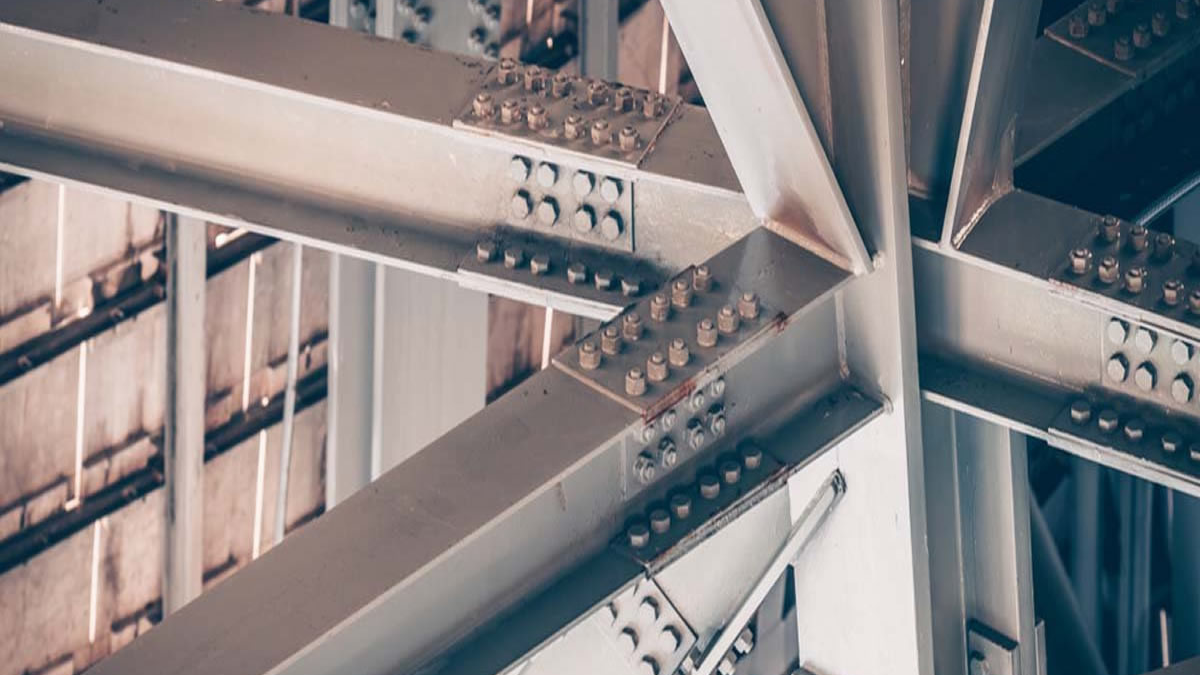
Understanding the P-Delta Effect: A Simple Guide
Imagine you’re building a super tall tower out of blocks. As you stack the blocks higher and higher, you might notice that it starts to lean or sway a bit,

Imagine you’re building a super tall tower out of blocks. As you stack the blocks higher and higher, you might notice that it starts to lean or sway a bit,

Although steel has been used for structural purposes for decades, aluminum alloys are increasingly being considered nowadays for various applications such as building facades, curtain wall glazing, building cladding system etc.

Bolted and welded connections are two common methods of joining structural steel members in design and construction. When designing and assembling these structures, one crucial decision to make is whether to use welded or bolted connections…

In engineering and structural design, the selection of sections’ shapes plays a critical role in determining how a component or structure will behave under various types of loads. When it




